Creating access to quality healthcare services in Africa requires a sufficient number of well-trained
healthcare workers. However, there is a huge gap between the skilled healthcare professionals that
South Africa and other African countries need, and the number that they have. And the gap is growing. A
study by the World Health Organisation (WHO) found that there is a total of ![]() only 3.6 million healthcare
only 3.6 million healthcare
workers across 47 countries, way below the number required to achieve the Sustainable Development
Goal of universal health coverage.
We are facing a skills crisis in Africa, with ![]() only 48%
only 48%![]() 1
1![]() of the people on the continent receiving the
of the people on the continent receiving the
healthcare services that they require. There is currently not one country on the continent that is able to
meet the requisite number of healthcare workers for its population demand. About ![]() 615 million people
615 million people
on the continent aren’t able to access the healthcare they need and should be entitled to.
This limited access to essential health care services is augmented by the lack of specialised skills, as
approximately 60 percent of the continental healthcare workforce is comprised of nurses. Lack of access
to the continuous professional development opportunities that are needed to progressively foster the
skills of healthcare workers and in-turn enhance the quality of healthcare services is a key challenge. The
ability to create and sustain ongoing skills transfer programmes, particularly for healthcare workers in
remote and rural areas, has been hampered by a lack of resources and technology.
There is hope, however. Disruptive and flexible education and skills development platforms, combined
with the growing use of emerging technologies, have the capability to transform the training of existing
and future healthcare workers across Africa and bridge the skills gap.
Creating access to training and skills development through technology
Access to new and pioneering technology platforms for education means even remote and rural
healthcare workers are able to receive the continuous education and training that they previously may
have been excluded from because of their location.
The good news is that more organisations across the public and private sectors are investing in these
technologies to create access to continuous training and skills development and address the skills gap
African countries face. It is why Avacare, as a proudly pan-African healthcare solutions provider with a
passion for healthcare workforce training in Africa, made the strategic decision to invest in an
educational training and development business.
We established ![]() Intellectus Campus to address the shortage of clinical staff on the African continent, as
Intellectus Campus to address the shortage of clinical staff on the African continent, as
well as to bridge the gap in professional skills development, to fulfil our objective of bringing affordable
quality healthcare to more people on the continent.
Intellectus Campus provides effective and affordable training solutions in Healthcare, Business, IT, and
Education & Training – and uses digital technology as a core training platform. This helps achieve greater
1 Africa Health Agenda International Conference. Executive Summary: The State of Universal Health Coverage in
Africa. ![]() https://ahaic.org/download/executive-summary-the-state-of-universal-health-coverage-in-africa/
https://ahaic.org/download/executive-summary-the-state-of-universal-health-coverage-in-africa/
and wider penetration to remote locations in countries across Africa as healthcare workers don’t need to
travel to attend training and workshops.
Depending on the nature of the specific training and skills development areas, Intellectus Campus also
uses a blended learning model as its core content delivery model using a blend of virtual/digital and face–
to-face classroom-based learning; especially for programs that require hands-on-trainings.



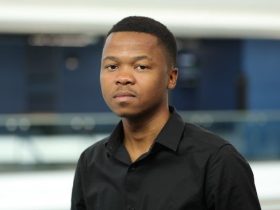

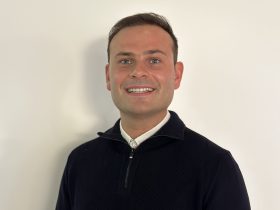


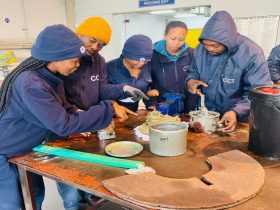
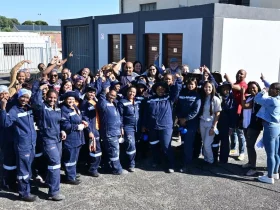









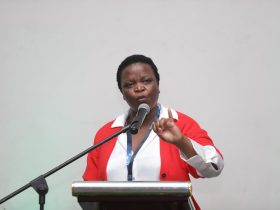


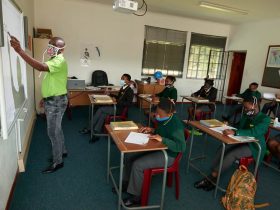

Leave a Reply